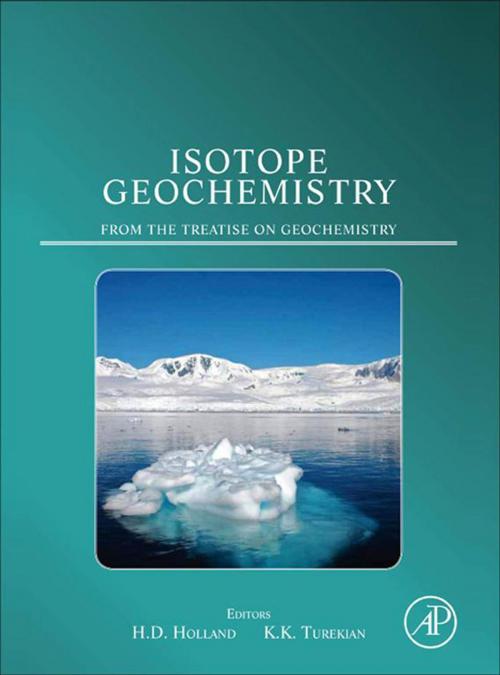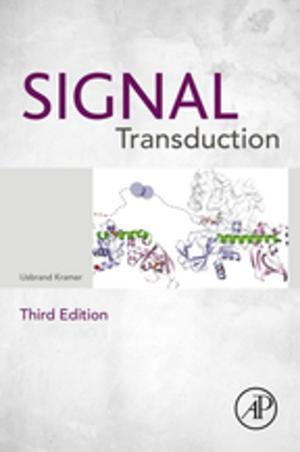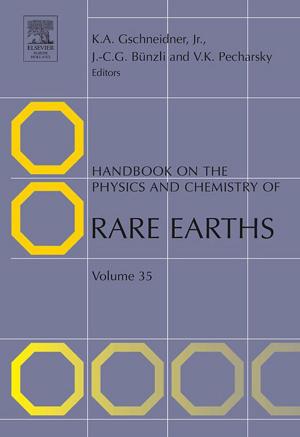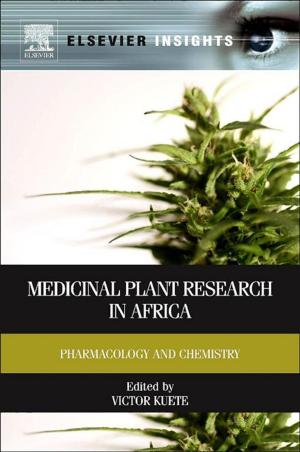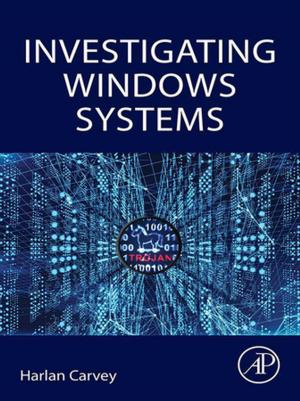Isotope Geochemistry
A derivative of the Treatise on Geochemistry
Nonfiction, Science & Nature, Science, Earth Sciences, Geology| Author: | ISBN: | 9780080967110 | |
| Publisher: | Elsevier Science | Publication: | September 27, 2010 |
| Imprint: | Academic Press | Language: | English |
| Author: | |
| ISBN: | 9780080967110 |
| Publisher: | Elsevier Science |
| Publication: | September 27, 2010 |
| Imprint: | Academic Press |
| Language: | English |
After the discovery that elements were commonly composed of isotopes, there developed a range of studies of the variability of isotopic compositions in Earth materials, which was able to add to our understanding of Earth processes and history.
This collection of chapters from the Treatise on Geochemistry describes the range of isotopic studies. The chapters are grouped into the following categories: light stable isotopes, radiogenic tracers, noble gases and radioactive tracers. The first three groups depend on mass spectrometric measurements. The section on radioactive tracers employs both radioactive counting techniques and the newly developed accelerator mass spectrometric techniques.
- Comprehensive, interdisciplinary and authoritative content selected by leading subject experts
- Robust illustrations, figures and tables
- Affordably priced sampling of content from the full Treatise on Geochemistry
After the discovery that elements were commonly composed of isotopes, there developed a range of studies of the variability of isotopic compositions in Earth materials, which was able to add to our understanding of Earth processes and history.
This collection of chapters from the Treatise on Geochemistry describes the range of isotopic studies. The chapters are grouped into the following categories: light stable isotopes, radiogenic tracers, noble gases and radioactive tracers. The first three groups depend on mass spectrometric measurements. The section on radioactive tracers employs both radioactive counting techniques and the newly developed accelerator mass spectrometric techniques.
- Comprehensive, interdisciplinary and authoritative content selected by leading subject experts
- Robust illustrations, figures and tables
- Affordably priced sampling of content from the full Treatise on Geochemistry
